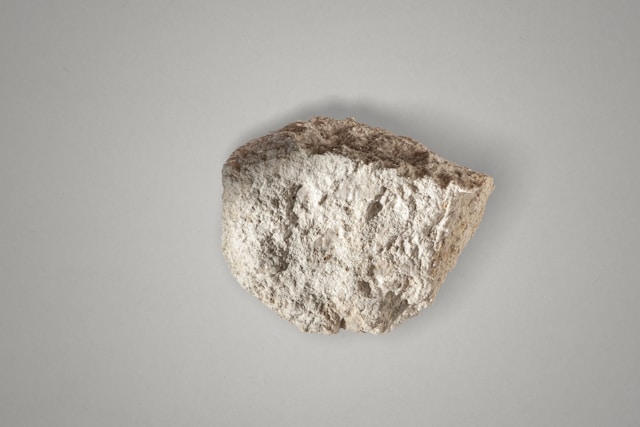As a potential tariff war with the U.S. looms, China is strengthening its advantage in production of renewable energy technologies with new bans on exports of critical minerals—and the means to process these minerals.
The Chinese Ministry of Commerce’s Jan. 2 proposal would place export restrictions on technologies used to process lithium and gallium, two materials critical for electric vehicle (EV) batteries and advanced electronics. The move follows a series of export bans for minerals like gallium, germanium, and antimony, announced as recently as Dec. 3.
The timing of the measures suggest they were made in a response to U.S. President Elect Donald Trump’s ongoing threats to impose punishing tariffs on Chinese imports. But the actions are also part of a long-term strategy, analysts said.
The restrictions on sharing technology help China maintain its control over 70% of the global lithium processing market. Lithium is a key component in the production of EV batteries, and China’s dominance in this sector has become a cornerstone of its industrial strategy, according to Adam Webb, a consultant with Benchmark Mineral Intelligence cited by Reuters.
“Depending on the level of export restrictions imposed, this could pose challenges for Western lithium producers hoping to use Chinese technology to produce lithium chemicals,” Webb says.
These controls could also work against some Chinese companies, disrupting the overseas expansion plans of major Chinese battery giants like CATL, Gotion, and EVE Energy, as they would face limitations on deploying proprietary extraction technologies abroad.
Although the restrictions are still open for public comment until Feb. 1, their announcement signals China’s intention to consolidate its position as a global leader in battery materials and processing technology.
A U.S. effort to counter China’s dominance
For the U.S., China’s recent moves underscore the need to secure alternative sources for lithium and other critical minerals.
This goal was apparently a major motivation for outgoing President Joe Biden’s December visit to Angola, one of his last major overseas trips while in office and the first U.S. presidential visit to that country. Angola is not only rich in oil but also in critical minerals like cobalt and lithium, and it is essential to the U.S. strategy to obtain these raw materials.
The Angolan port of Lobito is the terminus of the Lobito Corridor, a U.S.-backed project to boost critical mineral supply by connecting Angola, the Democratic Republic of Congo (DRC), and Zambia. The $2.3 billion, 2,600-kilometer rail network facilitates shipping of critical minerals from the region to the U.S.
The Lobito Corridor does face challenges, as China is already heavily invested in mining in the region and has its own supply chain routes, according to one analyst. Long-term dominance in the battle over renewables technologies involves enabling African nations to manufacture EVs, rather than simply supplying raw materials, the analyst said.
The rivalry for critical minerals presents opportunities for Angola and other African nations. But to benefit from projects like the Lobito Corridor, African countries must ensure that such partnerships help to forward their long-term economic and environmental goals.














